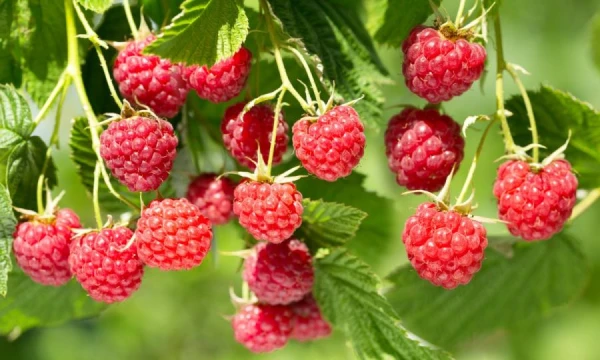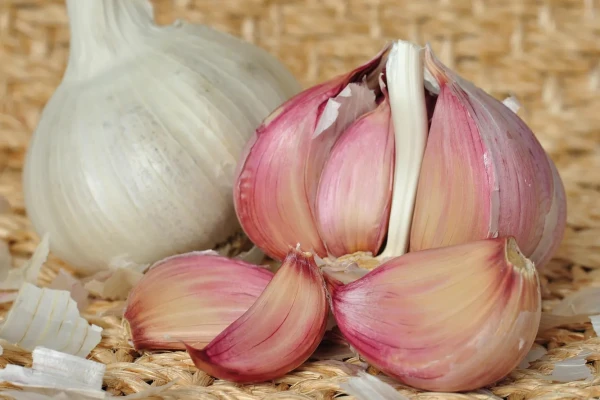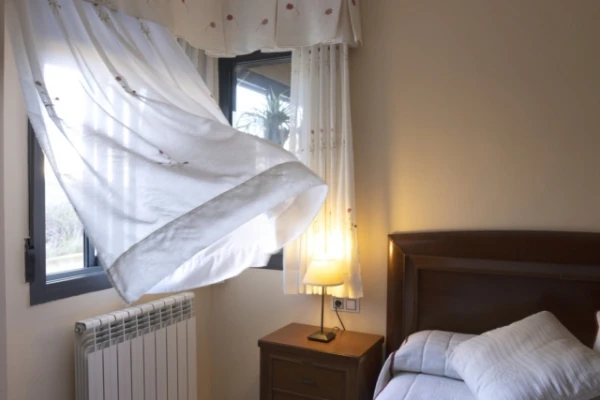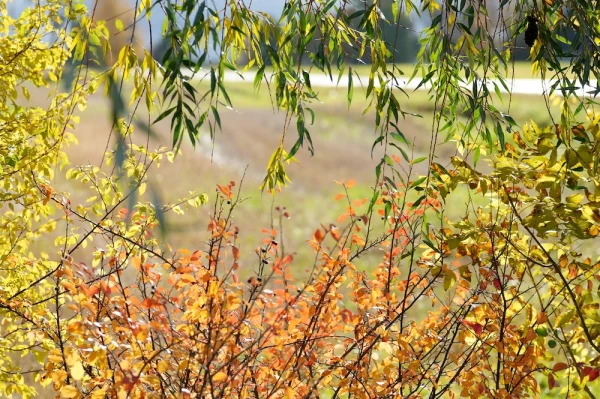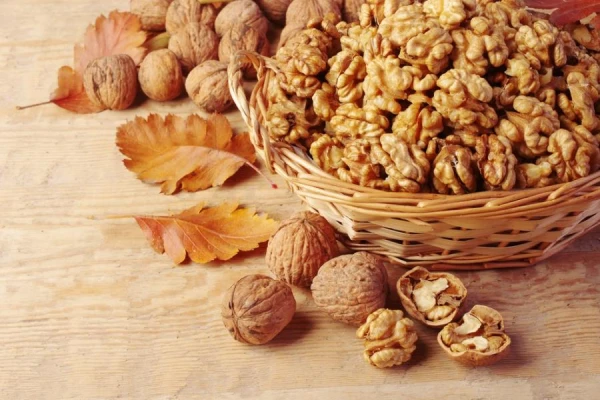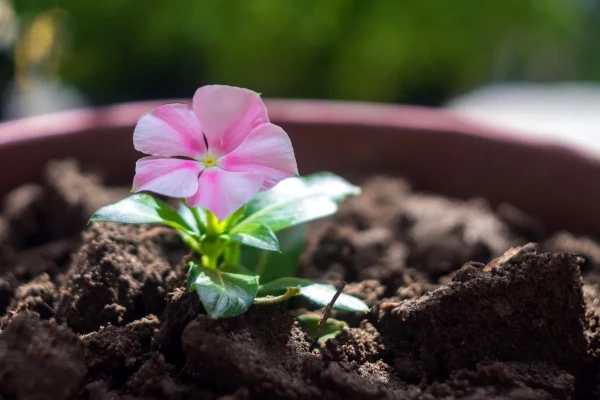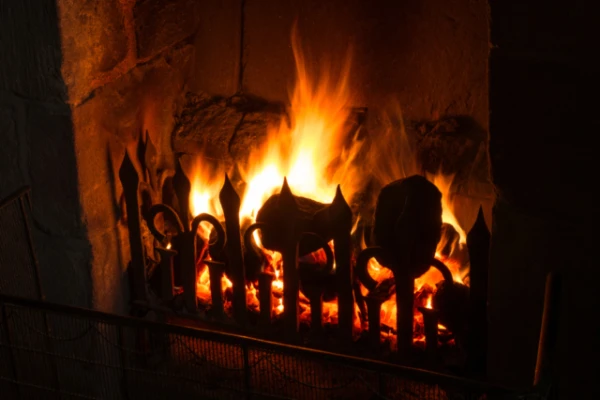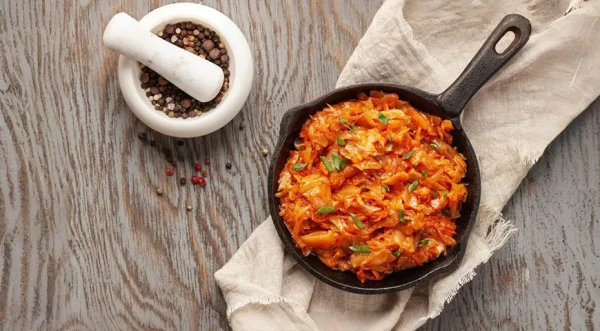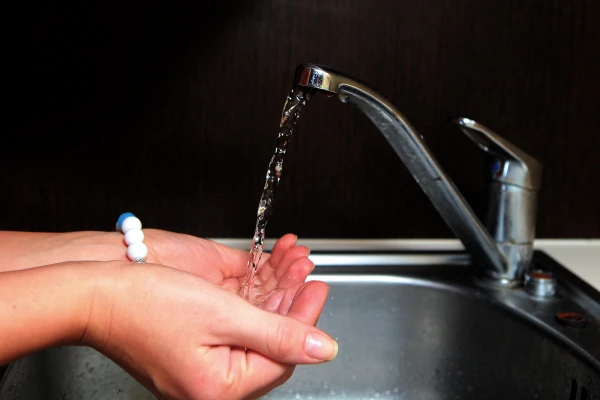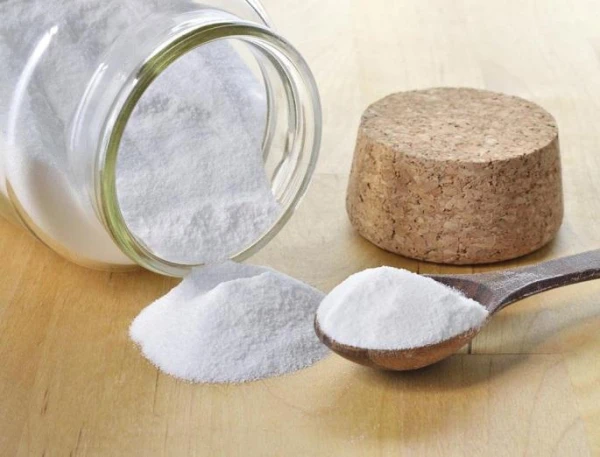
Baking soda and vinegar are renowned for their cleaning properties: together and alone, they can tackle almost any type of dirt. However, they cannot be used on all surfaces.
Baking soda, also known as sodium bicarbonate, is found in almost every home, as it is a necessary ingredient for baking, for example. At the same time, it is a non-toxic cleaning agent that works wonders in everyday life: it can remove tough stains, absorb unpleasant odors, and clear clogs. But do not rush to scatter it thoughtlessly on all surfaces in your home — there is a list of forbidden items that cannot tolerate contact with this powder.
Aluminum Cookware
Aluminum is a soft and rather delicate metal. Cleaning with a baking soda paste can cause a chemical reaction, which may dull the surface or even cause it to discolor. So keep all pots, utensils, mugs, and baking sheets away from this "evil" paste. Nothing cleans stains on aluminum better than dishwashing liquid.
Copper Cookware
The situation with copper is similar: when in contact with baking soda, the item can become dull, and unevenly at that. Getting rid of the "bald spots" will be extremely difficult, if not impossible. Clean coffee pots and other copper items with a mild dishwashing detergent.
Glass and Mirrors
Baking soda is an abrasive cleaner, albeit a mild one. When treating glass surfaces, such as coffee tables, windows, and glass in cabinet doors, fine scratches may remain. Initially, they may not be very noticeable, but over time these scratches will begin to grow and become a place for dirt and dust to accumulate. Instead of baking soda, use a solution of 9% vinegar and distilled water mixed in a one-to-one ratio.
Marble
Stone countertops are famous for their enchanting shine, impressive durability, and remarkable strength, but a couple of circular motions with a baking soda paste can ruin everything. This mild abrasive can destroy the protective coating of marble, giving it a dull or foggy appearance, as well as leaving annoying scratches. To wipe the surface without consequences, use a lint-free cloth dampened with a weak solution of dishwashing liquid.
Painted Surfaces
When cleaning a painted chair or walls with a sodium bicarbonate paste, there is a high risk of chips and scratches forming, causing the surface to lose its smooth and glossy finish, and the texture to become uneven. Cleaning experts recommend using a soft non-abrasive cleaner specifically designed for such surfaces.
Leather Goods
If you suddenly feel an irresistible urge to clean a leather jacket or sofa with a solution of water and baking soda, it is better to stop yourself by any means. Leather contains natural oils that make the material elastic, and if they are wiped away, the items will start to crack, clothing will fit poorly, and shoes will become deeply creased. To care for leather items, it is necessary to use special products or a slightly damp cloth.
Wood
Wooden tables, cutting boards, and dishes require special care, as they are quite delicate. They should be washed with plain water with a couple of drops of dishwashing liquid added. And as mentioned, baking soda is abrasive, and using it to clean wooden furniture, especially with a polished surface, will leave scratches on it.
Cast Iron Cookware
Cast iron is coated at the factory with a special non-stick layer made of polymerized oil, which prevents food from sticking and burning on such cookware. It is quite difficult to damage this invisible but strong film, but regular cleaning with baking soda and steel sponges will not avoid it. Pans are better washed with dishwashing liquid — it effectively removes greasy and other stains while not damaging the surface.
